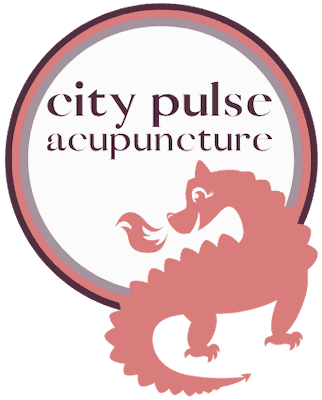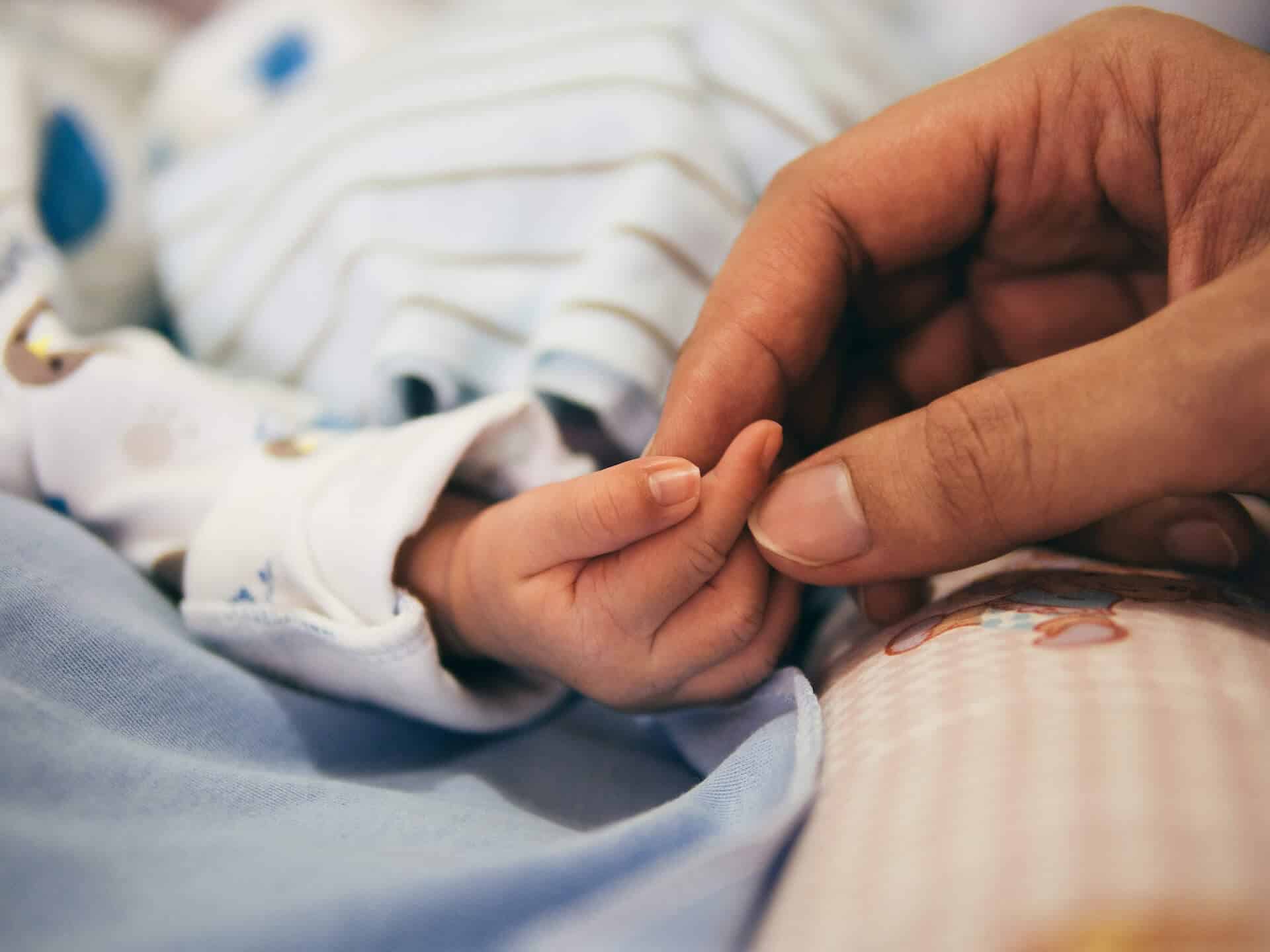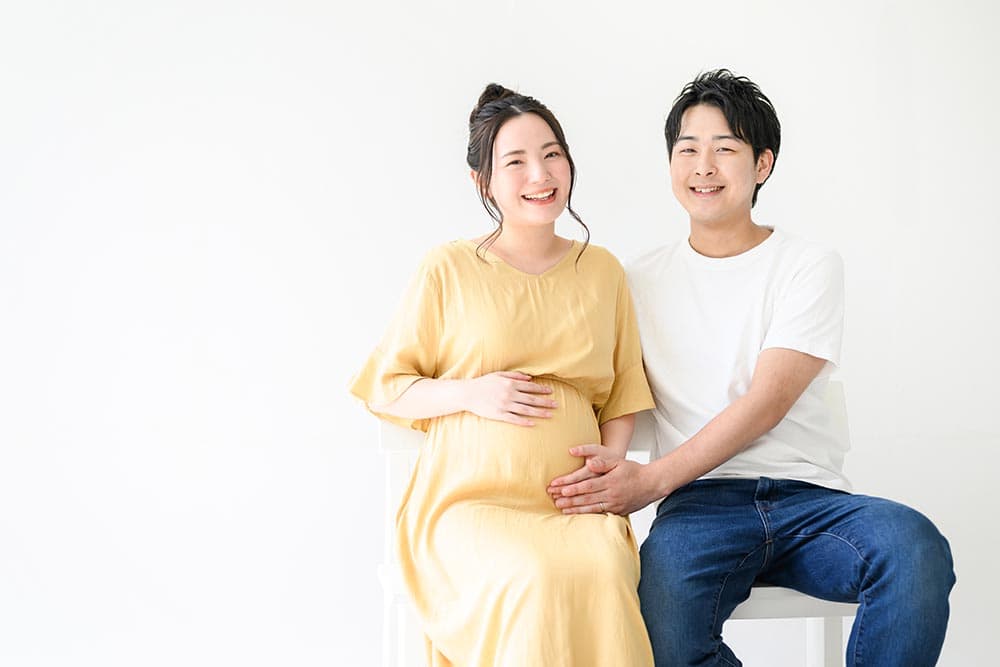Pregnancy is a time of profound change—physically, emotionally, and energetically. While it can be filled with moments of joy and anticipation, it can also come with discomfort, anxiety, and a sense of unpredictability. For many people, acupuncture offers a safe, nurturing, and effective way to navigate the shifts of pregnancy with greater ease and confidence.
At City Pulse Acupuncture, we understand that every pregnancy is different. That’s why we take a personalized approach to care, tailoring treatment plans based on your symptoms, trimester, and overall wellness goals. One of the most common questions we hear from expecting parents is: how often should I get acupuncture during pregnancy? Let’s explore that together.
Why Acupuncture During Pregnancy Is So Beneficial
Acupuncture is widely recognized as a supportive therapy throughout pregnancy, helping to reduce symptoms, promote emotional balance, and prepare the body for labor. It’s a gentle, non-invasive treatment that works by improving circulation, calming the nervous system, and harmonizing hormones—all essential for a healthy pregnancy experience.
Many people seek acupuncture during pregnancy for:
- Nausea and morning sickness
- Fatigue and low energy
- Anxiety or mood fluctuations
- Digestive discomfort or constipation
- Sleep issues
- Sciatica and back pain
- Swelling in the legs or feet
- Breech baby support
- Labor preparation
When administered by a qualified practitioner, acupuncture is considered safe and effective in all stages of pregnancy.
How Often Should You Get Acupuncture While Pregnant?
There’s no one-size-fits-all answer, but we can offer general guidance based on trimester, symptoms, and your personal health needs. Below is a trimester-by-trimester overview of what acupuncture frequency might look like during pregnancy.
First Trimester (Weeks 1–12): Stabilizing and Soothing
In the first trimester, the focus is often on supporting implantation, balancing hormones, and minimizing symptoms like nausea and fatigue. Our Chinese Medicine Guide for the 1st Trimester provides more insights on this.
Suggested frequency:
Once per week, or more often if you’re experiencing intense symptoms like severe morning sickness or anxiety.
Second Trimester (Weeks 13–27): Maintaining Wellness and Easing Discomfort
This is often considered the most comfortable stage of pregnancy, but some people still face symptoms such as heartburn, constipation, or musculoskeletal discomfort as the body continues to change.
Suggested frequency:
Every two to four weeks, depending on how you’re feeling and what issues arise. Regular treatments help maintain emotional balance and prevent flare-ups, and focusing on prenatal nutrition can further support your well-being.
Third Trimester (Weeks 28–40): Preparing for Labor and Supporting the Body
As your due date approaches, acupuncture becomes an essential tool for preparing the body and mind for childbirth. It can help with sleep, anxiety, back pain, swelling, and overall readiness for labor.
Suggested frequency:
Weekly sessions are recommended starting around week 32.
From week 36 onward, weekly or even biweekly sessions can help ripen the cervix, optimize baby positioning, and encourage a smoother labor process.
Bonus Stage – Postpartum Recovery Support
Though not technically part of pregnancy, the fourth trimester deserves just as much support. Acupuncture can help with postpartum healing, energy recovery, hormone regulation, milk production, and emotional well-being.
Suggested frequency:
Weekly or biweekly in the first six weeks postpartum, depending on how you’re feeling.
What to Expect in a Pregnancy Acupuncture Session
Each session at City Pulse Acupuncture is designed with your comfort and safety in mind. We begin with a check-in to review how you’re feeling physically and emotionally, followed by a gentle, targeted treatment using ultra-fine sterile needles.
Points are selected based on your trimester, symptoms, and energy patterns. Many of our pregnant clients find acupuncture deeply calming, often entering a meditative state or light sleep during the session. The treatment is non-invasive, drug-free, and designed to work harmoniously with your body’s natural rhythms.
The Importance of Consistency in Acupuncture Treatment
Acupuncture works best cumulatively. Like building strength or stamina through regular exercise, consistent treatments reinforce the body’s self-regulating systems. Missing sessions now and then is normal, especially during a busy pregnancy—but the more regular your treatments, the more stable and long-lasting your results tend to be.
Consistency also allows your acupuncturist to notice patterns, track changes in symptoms, and adjust your treatment plan accordingly. Whether your goal is symptom relief, stress reduction, or labor prep, regular acupuncture can keep you on track.
Customized Pregnancy Acupuncture Care in Oakland
Pregnancy is personal. No two people experience it the same way, and your acupuncture care shouldn’t be cookie-cutter either. At City Pulse Acupuncture in Oakland, CA, we meet you where you are—emotionally, physically, and energetically.
We create treatment plans that reflect your needs and stage of pregnancy, and we support you every step of the way with holistic care that respects both ancient wisdom and modern knowledge.
Whether you’re just starting your pregnancy journey or preparing to meet your baby soon, acupuncture can help you feel supported, empowered, and more connected to your changing body.
Schedule your prenatal acupuncture session and let’s walk this journey together.
FAQs About Acupuncture During Pregnancy
Is acupuncture safe during pregnancy?
Yes. When performed by a licensed and experienced practitioner, acupuncture is safe throughout all stages of pregnancy.
Can acupuncture help turn a breech baby?
Acupuncture and a technique called moxibustion are often used around week 34–36 to encourage optimal fetal positioning. While not a guarantee, some babies do respond.
Does acupuncture hurt?
Most people feel very little discomfort. The sensation is often described as a gentle tingling, warmth, or a feeling of relaxation at the needle site.
How can acupuncture help prepare me for labor?
Pre-birth acupuncture sessions from weeks 36 onward focus on relaxing the pelvis, ripening the cervix, reducing anxiety, and supporting smooth contractions when the time comes.
Can I do acupuncture if I’m high-risk or had complications in the past?
In most cases, yes. But it’s important to discuss any high-risk factors with both your OB and your acupuncturist. A tailored treatment approach can be developed with extra care and coordination.
What if I miss a session—will it affect my progress?
Missing a session occasionally is fine, especially if you resume care as soon as possible. Your practitioner will adapt your treatment plan as needed.
How soon after birth can I start postpartum acupuncture?
You can begin as early as a few days postpartum, especially for symptoms like fatigue, anxiety, or breastfeeding challenges. Most people benefit from weekly or biweekly sessions in the first 6–8 weeks.













